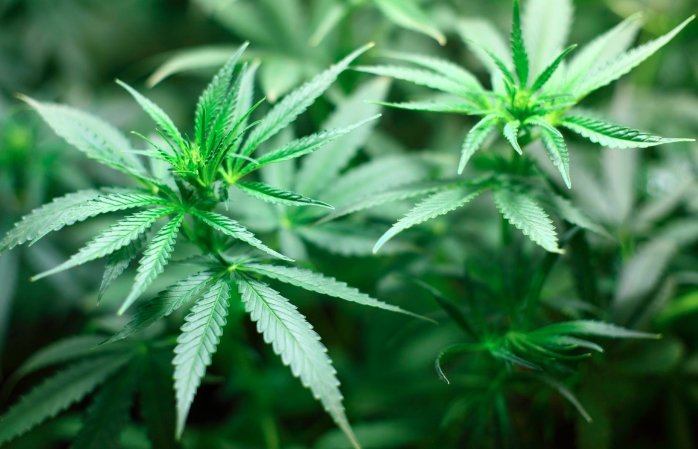Hawaii is one of the states that has legalized medical cannabis, but not recreational use. However, this could change soon as lawmakers have filed three different proposals to allow adults 21 and over to access cannabis for non-medical purposes.
Attorney General’s Proposal
The most comprehensive proposal comes from Attorney General Anne Lopez, who drafted a bill that would create a statewide authority to regulate all forms of cannabis, including hemp. The bill, which has been introduced in both the House and the Senate, would allow adults to possess up to one ounce of cannabis and up to five grams of concentrates. They would also be able to grow up to six plants at home and possess up to 10 ounces of harvested cannabis for personal use.
The bill would impose a 10% excise tax on cannabis sales, in addition to the state’s 4% sales tax. The revenue would be used for various purposes, such as substance abuse prevention, education, public health, and social equity. The bill would also expunge the records of those who have been convicted of cannabis-related offenses that are no longer illegal under the new law.
The bill would take effect on Jan. 1, 2026, giving time for the Hawaii Cannabis Authority to establish the rules and regulations for the industry. The authority would be supervised by a Cannabis Control Board, composed of five appointed members and an executive director.

Lopez, who previously opposed legalization, said she changed her mind after realizing that policy reform was inevitable. She said her office’s focus was to provide lawmakers with legal concerns and the “significant risks to public safety and public health” that could arise from legalization.
Decriminalization Bill
Another proposal, filed by Sen. Joy San Buenaventura, would decriminalize the possession of up to one ounce of cannabis for adults. Currently, such offenses are misdemeanors punishable by up to 30 days in jail. The bill would reclassify them as civil violations, subject to a fine only.
San Buenaventura said the bill was a “rational approach” to regulating cannabis, as the “war on drugs has failed”. She said there were a lot of “scare tactics” being used by opponents of legalization, but the reality was that states that have legalized cannabis have not become “crime dens”.
Ballot Measure
The third proposal, filed by Rep. Gene Ward, would let the voters decide on the issue of legalization. The bill would put a nonbinding constitutional amendment on the ballot, asking whether adults 21 and over should be allowed to possess and use cannabis. If approved, the amendment would authorize the Legislature to enact legislation to tax and regulate the adult-use cannabis market in Hawaii.
Ward said he was not in favor of legalization, but he wanted to give the people a voice on the matter. He said he was concerned about the potential impacts of legalization on public health, youth access, and impaired driving.
Law Enforcement Opposition
The three proposals have faced strong opposition from law enforcement officials, who held a press conference on Wednesday to speak out against legalization. Police chiefs from all four counties, Honolulu Mayor Rick Blangiardi, and Prosecutor Steve Alm expressed their concerns about the increased availability and popularity of cannabis, especially among young people.
They cited examples of cannabis-related incidents, such as a 12-year-old student who was hospitalized after consuming cannabis at school, and a driver who killed a pedestrian while under the influence of cannabis. They also argued that legalization would not eliminate the black market, but rather create a dual market that would be hard to control.
They urged the lawmakers to reject the proposals and to focus on other priorities, such as the pandemic recovery, the economy, and public safety.
Next Steps
The three proposals are now awaiting consideration in committee. It is unclear whether any of them will advance to a full vote in the Legislature, or whether they will have enough support to pass. Hawaii has a history of being progressive on cannabis policy, but also of being cautious and deliberate. The state was the first to legalize medical cannabis in 2000, but it took 15 years to establish a dispensary system. The state also decriminalized cannabis possession in 2019, but only in small amounts.
Hawaii is not the only state that is considering legalization this year. Several other states, such as New York, Virginia, Connecticut, and New Mexico, are also moving forward with legalization bills or initiatives. According to the Marijuana Policy Project, 15 states and the District of Columbia have legalized cannabis for adult use, while 36 states and four territories have legalized it for medical use.



